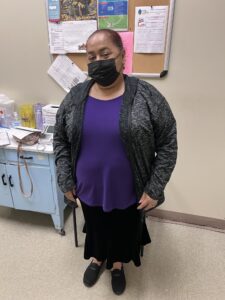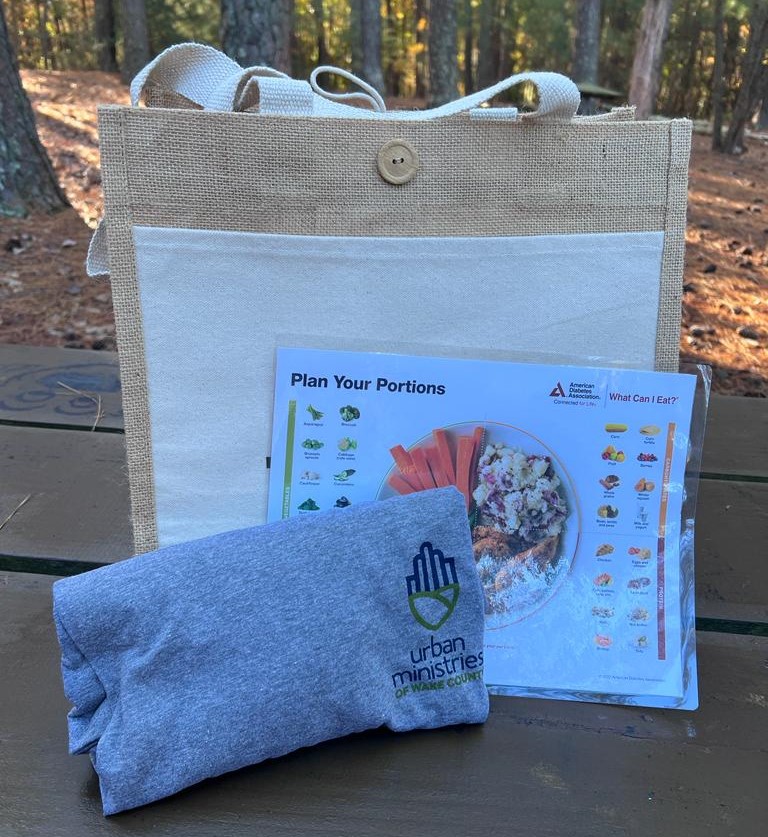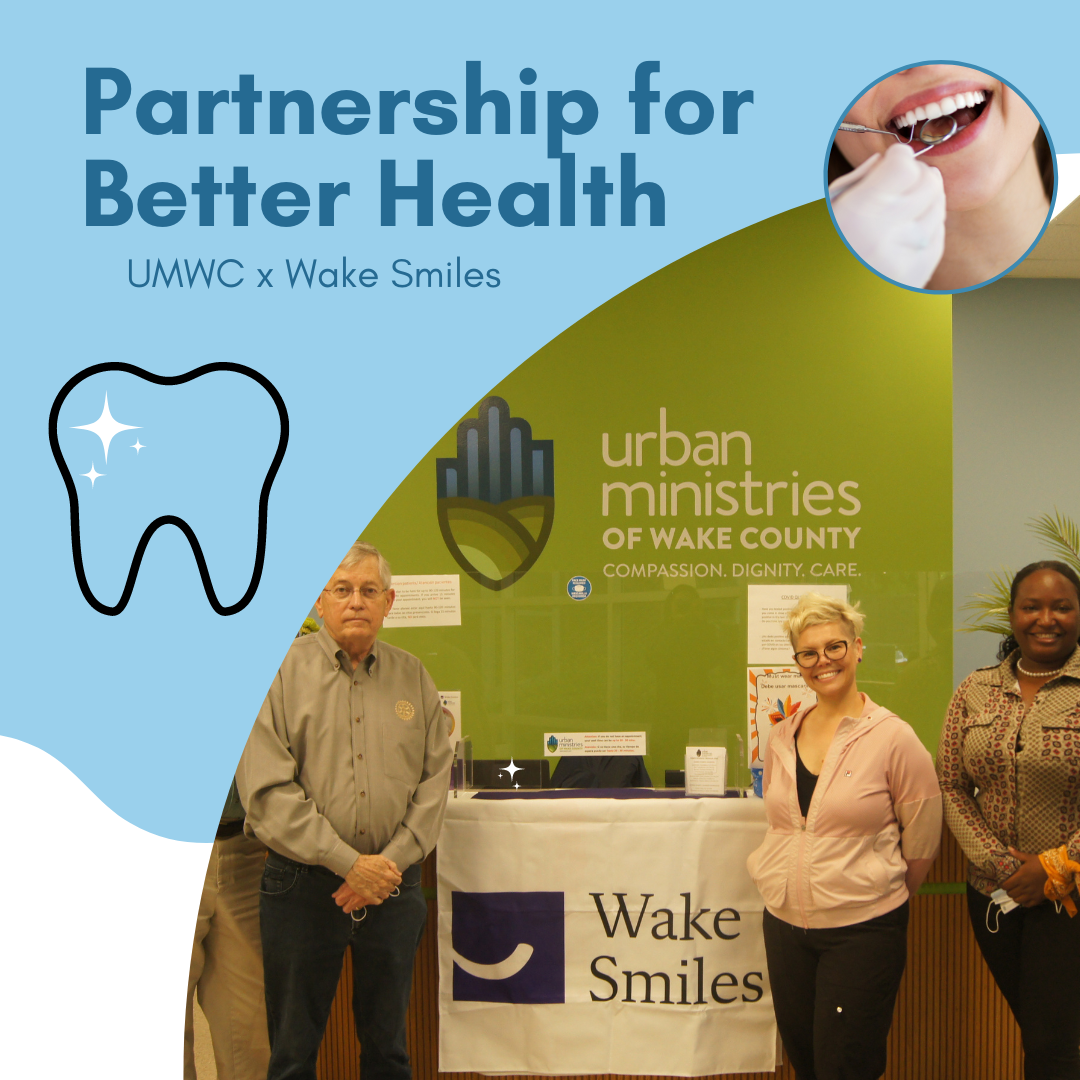November is Diabetes Awareness Month, a month when the community comes together to bring attention to diabetes and its impact on millions of people in the United States and around the world. At the Open Door Clinic, we have a multidisciplinary team that includes pharmacists, physicians, nurse practitioners, diabetes educators, behavioral health specialists, case management, and other support members to work together to empower and support the needs of our patients with diabetes.
“We provide screening and management of diabetes. Management can include counseling on lifestyle changes, medications, and regular visits. We have Diabetes Huddles,” Vanessa Valencia, ODC Nurse Practitioner, explains, “We meet two to three times a month, where providers, pharmacy, diabetes educators, behavioral health, and other support staff discuss individual cases of uncontrolled diabetes. My role is to teach patients about diabetes, how to manage it, and make an individual plan that best fits their needs.”
The diabetes education office is even getting some TLC, thanks to the volunteer diabetes educators, Mary Wahl and Megan Jackson. The two spruced the room up with a freshly painted bookshelf, brand new cabinet, pictures of fruits and veggies, and decorations to make it a warmer environment for the patients who come through the doors.

Maria, a patient of our clinic, has been able to reduce her A1C from 10.3 to 7.4 in over 2 years of committed visits with us; staying connected with her primary care physician.
The goal is to help patients take control of their diabetes. Motivation and engagement are key. The diabetic health team works together to identify barriers that may interfere with their care such as food insecurity, mental health conditions, lack of transportation, and other obstacles. Having diabetes under control can prevent severe and, in some cases, life-threatening complications.
“I remember a new patient that came with very high blood glucose levels,” Vanessa shares, “she was in a dangerous place, her A1C was 13. She also had depression. We were able to connect her to Behavioral Health. She learned about engaging in healthy habits. Started walking every day, learned more about diabetes, and together with the appropriate treatment she was able to bring her blood glucose down. She also shared information with her family. She convinced her brother and husband to get screened for diabetes.”
If you or your loved one has diabetes, or suspects you may have prediabetes, there are resources available for support. Living with diabetes is a lifestyle, which is why the ODC’s clinical team is dedicated to bringing awareness of healthy lifestyle choices and overall well-being and wellness.






